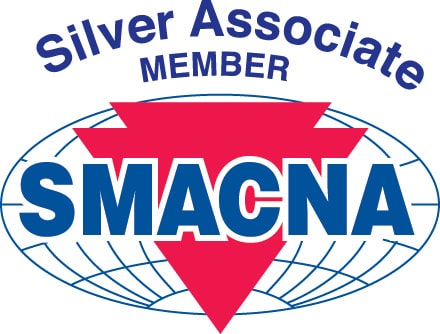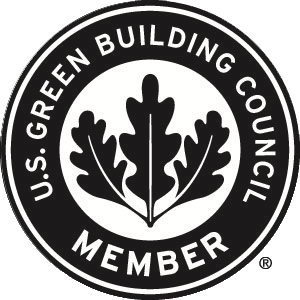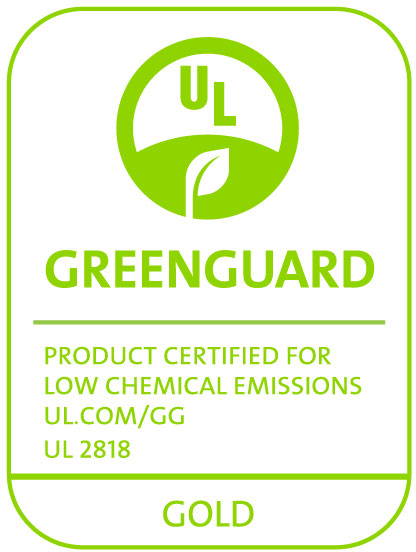Key Considerations for Refrigerant Piping Insulation
November 30, 2020
Refrigerant piping insulation is crucial for refrigeration systems. Refrigeration systems, also known as below-ambient systems, vary by application (commercial and industrial), temperature requirements (high & low), refrigerant types (traditional and…
Learn More










